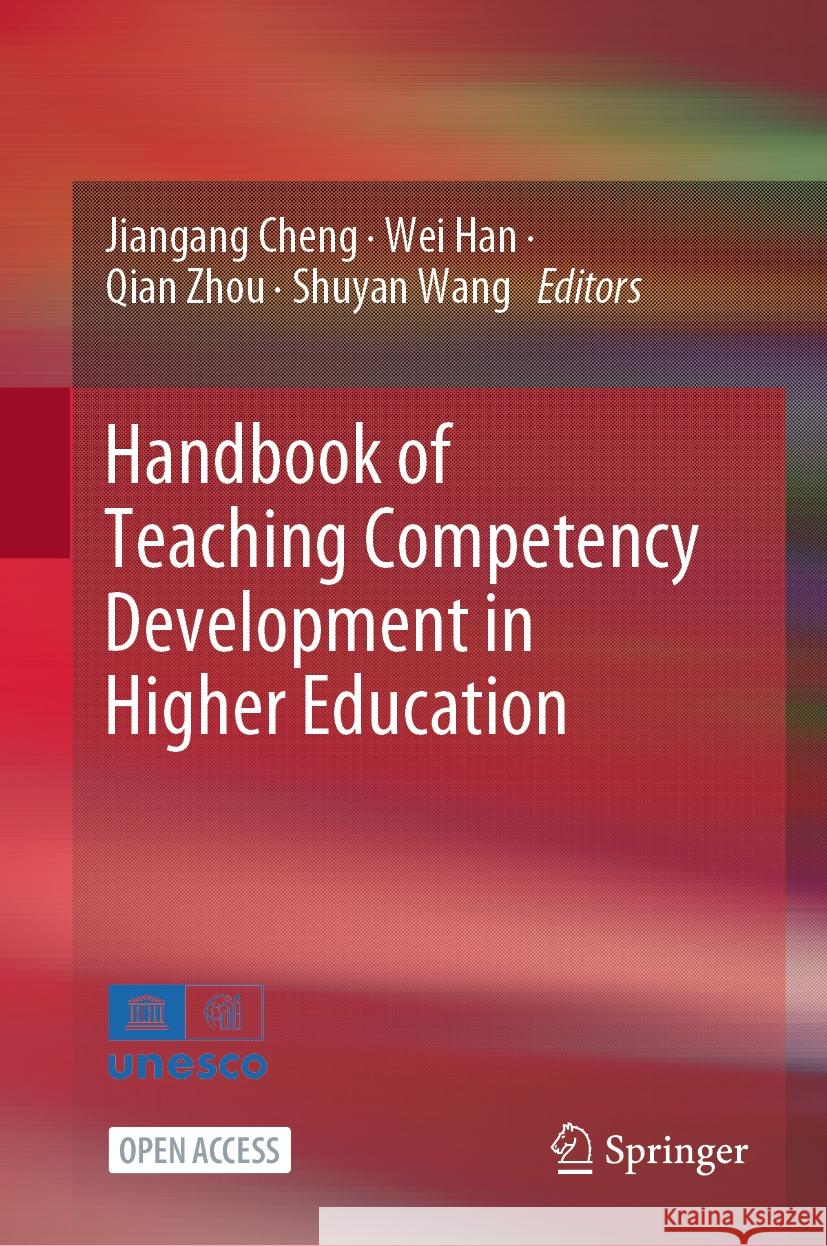Handbook of Teaching Competency Development in Higher Education » książka
topmenu
Handbook of Teaching Competency Development in Higher Education
ISBN-13: 9789819962723 / Angielski / Twarda / 2023
Handbook of Teaching Competency Development in Higher Education
ISBN-13: 9789819962723 / Angielski / Twarda / 2023
cena 191,85 zł
(netto: 182,71 VAT: 5%)
Najniższa cena z 30 dni: 191,40 zł
(netto: 182,71 VAT: 5%)
Najniższa cena z 30 dni: 191,40 zł
Termin realizacji zamówienia:
ok. 16-18 dni roboczych.
ok. 16-18 dni roboczych.
Darmowa dostawa!
This is an open access book. It draws from relevant theories and approaches to teachers’ professional development (TPD) and innovative and inspiring TPD practices in higher education. It first lays a solid foundation for the rest of the book, through critiquing prevalent theories, approaches, and teaching competency frameworks guiding TPD in higher education, and defining the key concepts related to TPD. The book then develops a standard framework and assessment instrument of teaching competencies as well as ways of using this framework by institutions, departments at different levels, and individual teachers. It also proposes strategies for improving teachers’ teaching competencies by reviewing what has been achieved to date in TPD in terms of national-level policies and strategies, institutional-level interventions, and teachers’ self-directed professional development. Finally, it also presents case studies of typical practices in TPD in different countries.











